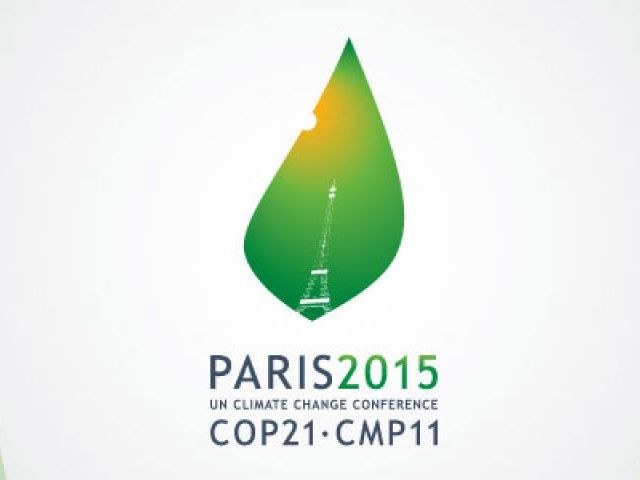Climate change matters
Pakistan contributes but a tiny amount as a proportion of global emissions, about 0.8 per cent

PHOTO: PUBLICITY

Arguments still rage about the causes of global warming, some saying that this is a natural cyclic event that has been part of the natural life of planet Earth for many millions of years. Others, and they are now a majority, accept that at least in part if not whole, global warming and particularly the accelerating rate of warming in the last two centuries, is the result of the activity of mankind. Specifically, carbon emissions from industries everywhere have depleted the ozone layer that protects us from the harmful effects of the sun; and attempts to improve the quality of the ozone layer by the control of carbon emissions has only been partially successful — which is why 125 countries are going to be in Paris for two weeks, starting today, trying to hammer out solutions to a problem we all own.
Pakistan is in a precarious and exposed position. The delegation led by Minister for Climate Change Zahid Hamid is going to be saying that the entire economy is at hazard. The glaciers are in retreat, flash floods, heatwaves that kill in the thousands, livestock lost by the millions and vast tracts of land under water in the long term and so badly damaged that they are not productive even if they can be drained — all can be aggregated to a rolling crisis that only abates, it never stops.
As one of the countries most affected, there is a tragic irony to our situation. Pakistan contributes but a tiny amount as a proportion of global emissions, about 0.8 per cent because it is minimally industrialised. The big polluters are the rich developed states, and it is the poorer struggling states that have to pay the price. That price for Pakistan is around $4 billion a year for the last 20 years, say economists, and the price will be going further up, not down. It is no exaggeration to say that the threat is truly existential, and far greater than terrorism is now or is ever likely to be.
Two weeks of debate in Paris may or may not come up with solutions, but either way Pakistan is left to deal with the consequences of global warming into a far future. Post-conference, the planners are going to have to look forward for 20 years or more and refine — or design — a strategy that is comprehensive, taking in the threat from glacial lakes in the north to flood surges in Sindh to the south. This is a problem that crosses all boundaries and must not get hijacked by petty politicking; there is just no time for that. The weather is not going to wait for us to sort out our differences.
The minister has said that transforming current models of development is a “political and economic obligation” — and he is right. Today, the National Climate Change Policy should be as important for everybody in Pakistan as is the National Action Plan formulated to fight terrorism and extremism. Helpfully, the Pakistan delegation in Paris is made up of not only politicians and civil servants but members of NGOs, the private sector and educational institutions — we wish them well for all our sakes.
Published in The Express Tribune, November 30th, 2015.
Like Opinion & Editorial on Facebook, follow @ETOpEd on Twitter to receive all updates on all our daily pieces.















COMMENTS
Comments are moderated and generally will be posted if they are on-topic and not abusive.
For more information, please see our Comments FAQ